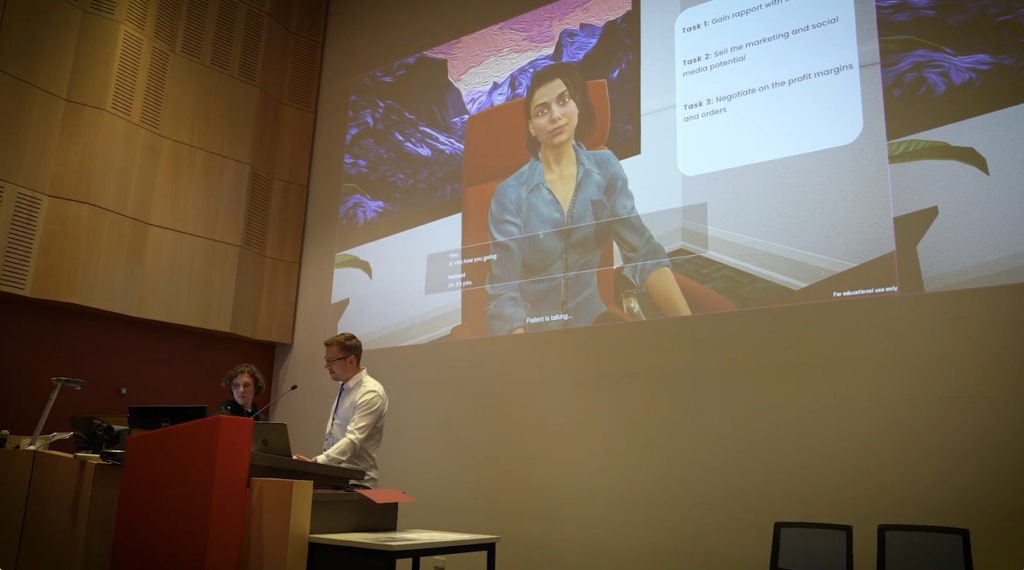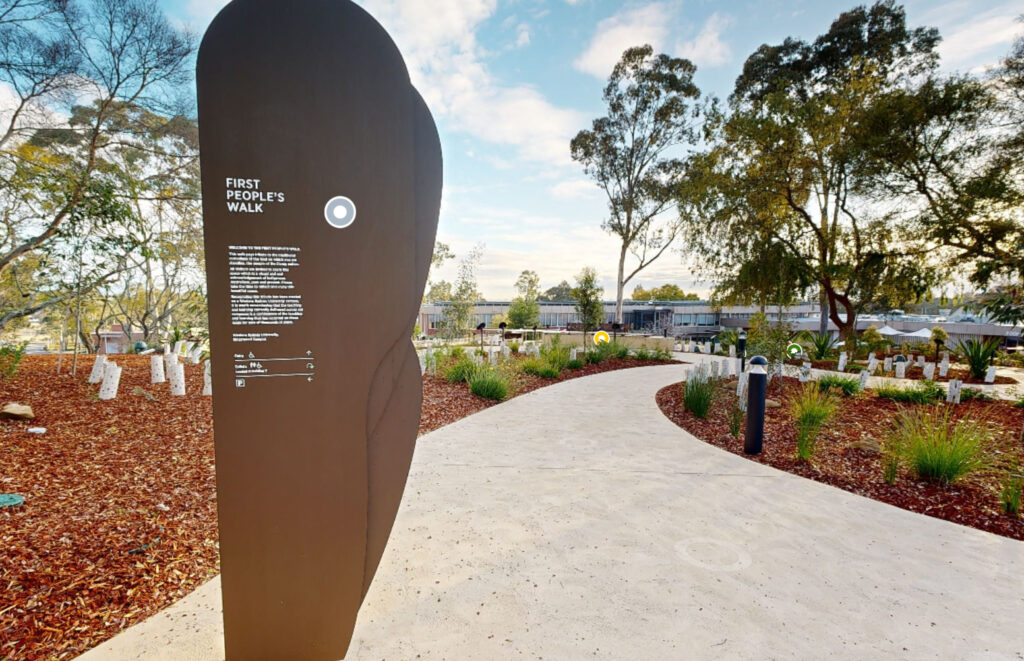Path to Net Zero wins Best Learning Experience Design award
- By Andrew Komoder
- February 27, 2024
- 1 minute

Congratulations to the team on winning Best Learning Experience Design in the OpenLearning Global Awards 2023 for the Path to Net Zero microcredential. As an individual or part of a business, learners can contribute to a more sustainable future while also unlocking new opportunities for innovation, cost savings and growth through important principles including Net Zero and Green Supply Chains. The Path to Net Zero microcredential offers practical strategies to reduce carbon emissions, conserve resources and promote responsible production and consumption practices.
The course is designed using storytelling and immersive activities to engage and challenge learners in authentic work-place relevant scenarios. We believe that education is not just about delivering facts; it is about making learning memorable and relevant. That is where storytelling shines. It takes abstract concepts and weaves them into relatable narratives, helping learners grasp complex ideas. Storytelling encourages active participation and critical thinking and is a powerful tool for nurturing empathy by showing different perspectives.
Using immersive VR scenarios, learners have agency to choose their own adventure in what they want to explore in the course. The scenarios can be replayed to reinforce concepts and support reflective practice by learners. There are cognitive benefits for learners when they participate in immersive VR scenarios. Rather than being passive in their learning, learners are active and more likely to construct new knowledge, and apply it in real-life workplace situations. Immersive learning further enables learners to experience concepts first-hand to enhance their understanding and problem-solving skills.
Industry-expert interviews provide the voice of the expert and practitioner for learners to deepen their understanding of the industry. Industry experts provide real-world experience and insights into the challenges and opportunities of implementing sustainable business practices by sharing their experiences and provide practical advice on best practices. By providing examples of how other businesses have implemented sustainable practices and the benefits they have achieved, learners can inform their future practices.
The Path to Net Zero course has been intentionally designed with a style and visual aesthetic that creates a beautiful learning experience, and provides clear sign-posting for learners as they progress. The intentional graphic and learner experience design approach is significant as more than 50% of learners’ feedback about their course relate to their positive and engaging learning experience.









